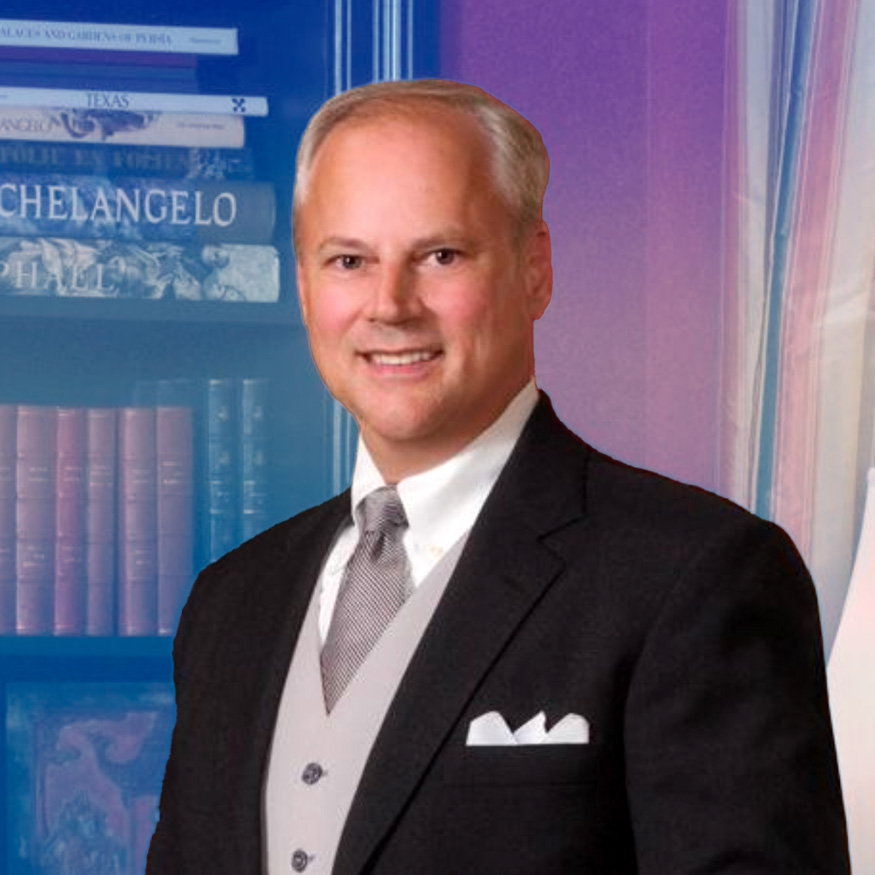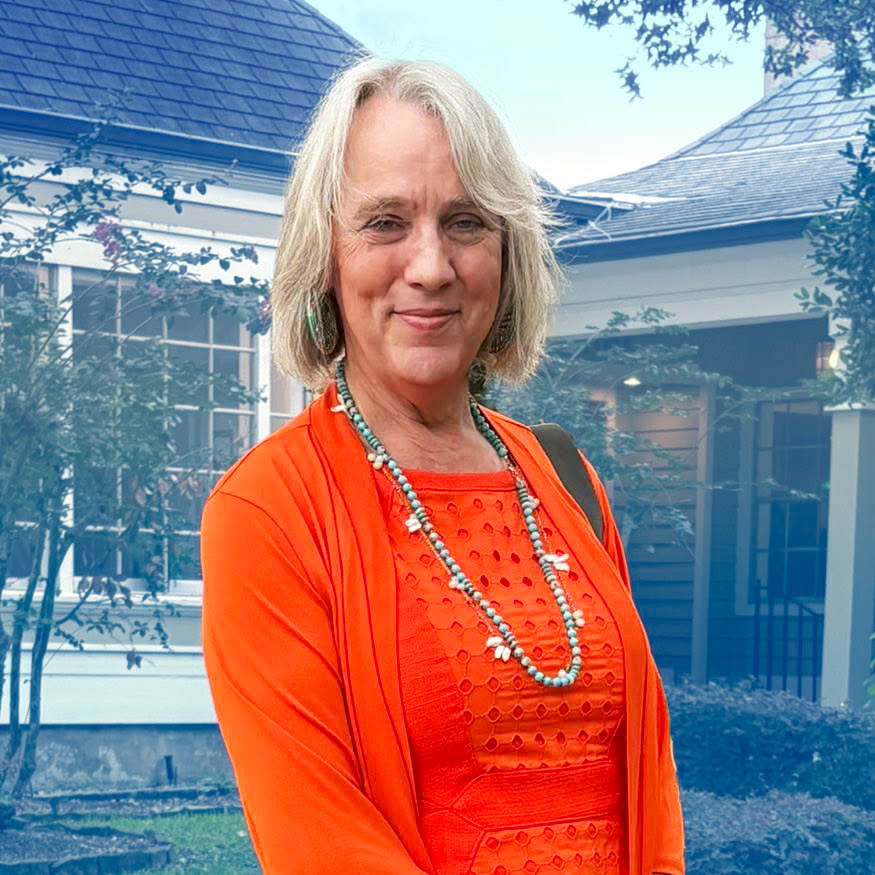Prostate Cancer Survivors Share Their Experiences
Tripp Carter and Eve Gammill discuss resilience and redefined intimacy.
Prostate cancer is the second leading cause of cancer deaths among men, yet its impact on LGBTQ lives often goes unrecognized. For survivors like Tripp Carter and Eve Gammill, the journey extends far beyond treatment—it is about resilience, identity, and reimagining intimacy. Carter, a Montrose funeral home owner, faced his diagnosis while still grieving the loss of his partner and has since become an advocate for early detection and awareness.
Gammill, a Navy veteran and trans woman, confronted an aggressive cancer that ultimately pushed her toward living authentically. Both stories highlight how prostate cancer uniquely affects LGBTQ communities, underscoring the urgent need for inclusive care and affirming support systems. For these survivors, survival is only the beginning—their experiences speak to courage, advocacy, and the determination to live fully and authentically, even in the face of illness.
Early Detection Is Key
Tripp Carter

Tripp Carter, 65, is the owner of Bradshaw-Carter Funeral Home in Montrose. In 2018, in his mid-50s, he faced a life-changing diagnosis: prostate cancer.
At the time, Carter was receiving testosterone replacement therapy through his physician for energy and overall health. Every ten days he received an injection, and as part of his care, his physician monitored his PSA (prostate-specific antigen) levels every six months.
Over time, his PSA numbers rose above 4 nanograms per milliliter—the threshold for further testing. Carter eventually underwent a biopsy, which confirmed cancer in his prostate. “That was kind of shocking, to say the least,” he recalls.
He researched urologists and selected a surgeon considered to be one of the best in the field. At first, he was discouraged to learn that the surgery might be performed by a colleague. However, after meeting with the surgeon directly, Carter was reassured that he would perform the procedure himself and be there following the surgery.
Carter also carried with him the memory of loss. In 2008, his partner, Ron Bradshaw, had died of pancreatic cancer. “One of the worst things in the world,” Carter says, “is being wheeled into surgery without a partner. You see those lights overhead and think, ‘I could die and there’s nobody here.’”
The surgery was performed laparoscopically, and the surgeon personally checked on him afterward. In the first year, Carter saw his doctor every two months, then every six months, and later annually. Today, he returns just once every five years.
There were early challenges, including sexual function, but Carter says they were worked through. He did not experience incontinence. “I’ve worked out for more than 30 years, so my muscles were in good shape,” he explains. He also worked with staff on exercises to strengthen urinary control.
Beyond his own recovery, Carter has become an advocate. He recently joined the American Cancer Society board and last year co-chaired the Men Wear Pink campaign, where Houston ranked second out of 120 cities in funds raised for breast-cancer awareness and prevention. He will co-chair the 2025 campaign, as well.
Carter emphasizes one message above all: the sooner prostate cancer is diagnosed, the better the treatment options and results.
A Courageous Trans Voice for Change
Eve Gammill

Eve Gammill, 67, is a long-time resident of League City. A Navy veteran, she receives her health care through the Michael E. DeBakey Department of Veterans Affairs Medical Center in Houston.
In 2015, her PSA test was normal. The next year, however, her score rose to 4.7, and by 2018 it had climbed again. A biopsy confirmed an aggressive form of prostate cancer, with a Gleason score of 9.
Gammill, a trans woman who at the time was presenting as a man, underwent surgery to remove her prostate, but her PSA remained high. “It broke my erection. That was emasculating,” she says. Radiation followed, but even that failed to bring her PSA down.
Next, she opted for an orchiectomy (surgical removal of the testicles). When the cancer persisted, she began oncology treatment with Zytiga, a hormone therapy that reduces androgen production, which fuels prostate cancer. At last, her PSA leveled off.
In 2019, Gammill made the decision to fully transition, supported by her wife. “When my erection was broken and I thought I might only have a few years to live, I decided I was going to live authentically.” She later underwent breast reconstruction and augmentation surgery.
Today, Gammill continues to take Zytiga and receives PSA testing every three months. Her score is now zero. She also keeps up with the latest research on prostate cancer in transgender women and advocates for greater study in this area.
Beyond her health journey, Gammill is deeply engaged in activism. She maintains an active Facebook network, participates in protests, and has testified before Texas legislative committees. She voices concern about bills like the so-called Women’s Privacy Act, which would force transgender individuals to use bathrooms matching their biological sex. Standing 6’2” and presenting as female, Gammill says: “If you see me in the men’s room, you’re going to be very disturbed.”
She is also active in community service, volunteering with Sailing Angels, which takes children with special needs sailing on Galveston Bay, and with Meals on Wheels. She enjoys participating in a local book club, as well.
“Prostate cancer doesn’t define you,” Gammill says. “It’s a collection of bad cells in your body that you didn’t ask for. There are things I can’t control, but I can change my mind and gather my courage.”
Support Groups
Support groups for gay men with prostate cancer are rare. There are three virtual groups that meet via Zoom. There is no cost to join any of the following groups:
- The ZERO Prostate Cancer organization offers a support group on the first and third Sundays of each month, 12:00 noon–1:30 p.m. Houston time. To register for this group, contact Terri Likowski at terri@zerocancer.org. One can also request to be added to their email list.
- The Smith Center offers a support group on the fourth Thursday of each month, 6:00–7:30 p.m. Houston time. The group is conducted in English. A second group, conducted in Spanish, is offered on the first Monday of each month, 12:30–2:00 p.m. Houston time. To register for either group, email programs@smithcenter.org.
Online Resources
- Zero Prostate Cancer’s LGBTQ Resources
tinyurl.com/3j2knraf - Gay, Bisexual Men & Transgender Women Prostate Cancer Support Facebook Group
tinyurl.com/37vr45pv - A Transgender Woman Talks about Prostate Cancer
tinyurl.com/7u7dyafj
Prostate Cancer Awareness Month underscores the need for inclusive, affirming care. Read more in our September 2025 issue here.










